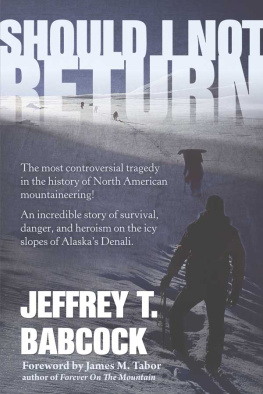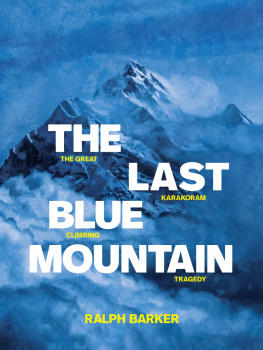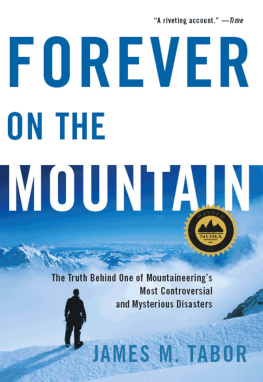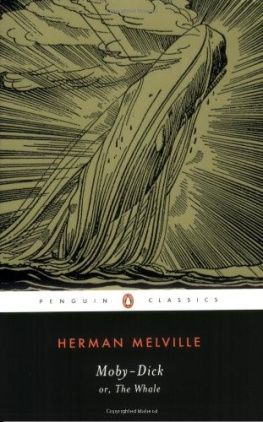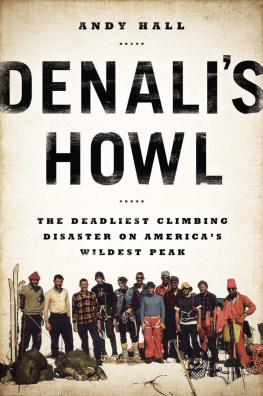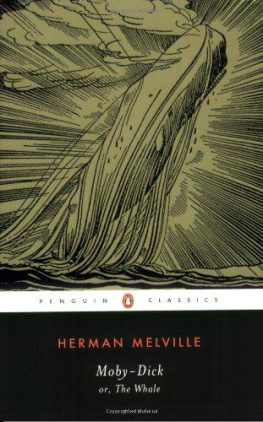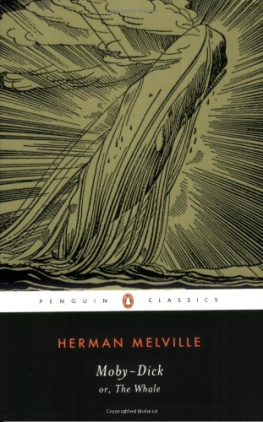Should I Not Return
The most controversial tragedy in the history of North American mountaineering!
Jeff Babcock

PO Box 221974 Anchorage, Alaska 99522-1974
ISBN 978-1-59433-270-8
eBook ISBN 978-1-59433-271-5
Library of Congress Catalog Card Number: 2012930733
A haunting story about the pioneer climbs on Denali,
Some of the men who died while doing them,
And one man who came back to tell their stories.
Should I Not Return is based upon true events.
Copyright 2012 Jeff Babcock
First Printing 2012
Second Printing 2013
All rights reserved, including the right of reproduction in any form, or by any mechanical or electronic means including photocopying or recording, or by any information storage or retrieval system, in whole or in part in any form, and in any case not without the written permission of the author and publisher.
Manufactured in the United States of America.
Dedication
T his novel is dedicated to my Green Valley friend and climber, Frances Chamberlin Carter, an amazing woman and pioneer climber of Denali and countless other mountains around the world, who, as she entitled her wonderful presentation, truly lived A Life in the Mountains.
Should I Not Return is also dedicated to the seven victims of the terrible 1967 tragedy, to their friends their families, and to their courageous and humble leader Joe Wilcox.
Finally, my intent is to also pay homage to the countless men and women who have ever taken on the difficult challenge of climbing Denali, any of its neighboring peaks, or any of the other great mountains around the world, and lost.
Denali, that Great Grail Castle in the Clouds continues to thrill and kill with each passing year. As of the fall of 2011, 133 climbers have perished on Denali, beginning with Allen Carpe and Theodore Koven, who became the first to die upon its icy slopes in 1932.
And, for Brooke, Gunnar, Laura and Leif; my children.
We see things not as they are, but as we are.
John Milton, Paradise Lost

Archdeacons Tower, a shark-finned snow, ice, and rock pinnacle climbs to 19,537 feet above sea level. It was named after the Archdeacon Reverend Hudson Stuck who was the leader of the first team to successfully reach the summit of Mount McKinley.
Photo: Courtesy of Chuck Kime,
Copyright 2008 Writphotec, Inc.,
Contents
JAMES M. TABOR
AUTHOR OF FOREVER ON THE MOUNTAIN
Foreword
You could say that life is all about frontiers. We cross one coming in, another going out, and are shaped by those we cross in between. I crossed a few myselfwillingly and otherwiseduring my climbs in Alaska. Thus having mountaineered a little and studied it a lot, I know that few books capture such crossings as powerfully as this one.
The books action takes place in Alaska, which calls itself The Last Frontier. Cavers and astronauts and oceanographers might dispute that claim. But Alaska is undeniably a realm of extremesbiggest, highest, coldest, deadliest. As such, it contains more challenging frontiers within its borders than any other stateand most other placeson earth. Ultimately, that is why we love, hate, and keep coming back to Alaska, despite fervent vows not to at the end of our last grueling, tortuous, near-death-experience trips. Ever damn it.
Though a non-Alaskan, John McPhee wrote the greatest of all books about AlaskaComing Into the Country. I do believe that only an Alaskan could have written a book like Should I Not Return. Jeff was not born there, true, but our actions define us and, judged by that standard, Jeff is as Alaskan as they come. Thus it is appropriate that he has given us a book about extreme frontiers and their crossings, set in Alaska.
Just as Alaska is not your typical state, neither is Should I Not Return your typical book. It is an autobiographical novel (or, as the author engagingly calls it, a nonfiction novel) about young, callow Henry Lockes coming of age in the crucible of North Americas worst mountaineering disaster. Though fiction, it hews closely to the truth throughout. The deaths of seven good, young climbers during the 1967 Wilcox Mt. McKinley Expedition form the books crucial event, true. But this core tragedy is wrapped within layers of dramafamilial dysfunction, alcoholism, sibling rivalry, infidelity, to name a fewthat raise this book far above the me-and-Joe-climbed-a-mountain genre.
I once wrote about Mt. McKinley that it was the kind of place from which you cannot return unchanged. Some books are like that, too, and Im pleased to say that Should I Not Return is one.
PROLOGUE
Good Things Take Time
M ost of this happened when I was a young man and very naive. The parts about Alaska are pretty much true. I really was a member of a rescue team that searched for seven missing climbers on top of Mt. McKinley in the summer of 1967.
One man on our team nearly drowned while crossing the frigid waters of the McKinley River. A large grizzly charged two other men who were relaying gear up through the foothills to the base of mountain. The only woman on our team descended with the five survivors of the ill-fated group because she was coughing up blood. One of our climbers almost died from high altitude pulmonary edema near the summit. I was caught out in the open below Archdeacons Tower and had to crawl back to our high camp in a raging blizzard. These things happened during what is often described as one of the worst climbing disasters in North American Mountaineering. I have changed some of the names and some of the events.
Today more than one hundred people have died on Denali, have been added to the list; before my brother and I first climbed The High One, only four men had perished on Denali. My mother had a saying which she used whenever something terrible happened to someone else.
There but for the grace of God, go you and I.
Perhaps she is right about our climb up Mt. McKinley in the summer of 1967, although I do not know if I would credit God with keeping us alive. Yet, during our two month long journey, it did seem as though something beyond my understanding was patiently keeping watch over me, my brotherand the rest of our team.
Conflicting accounts have been written about why those seven young men died. Some of the details surrounding the tragedy are based in fact, while others offer embellishments of the truth; both approaches are aimed at developing an authors point of view, which he of course believes to be true. Most writers want to make their stories interesting and will sometimes stretch the truth so that it supports their own perceptions. The same will certainly be true for me.
My mother had another saying, which always made sense to me.
Were only human. She would then often refer to the Biblical passage in Deuteronomy 29:4. If only we had the eyes to see, and the ears to hear.
When it was all over and done with (the climb that is) I flew back to the east coast to Branford, Connecticut, where I lived in the Cherry Hill Apartments with my mother and my other brother Reggie, Jr. I remember my mother making one final comment about our tragic climb.
I thank God that you and your brother didnt die up there like those other poor souls.
After that, she never mentioned the incident again.
Her reasoning rings true, yet the person I thank most of all for our teams survival is my older brother, the leader of our expedition, who was then 29 years old.
Next page
